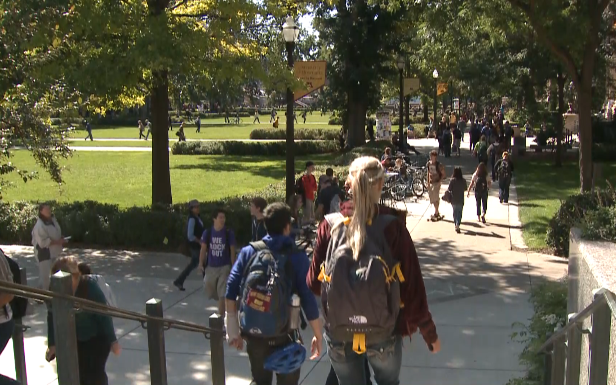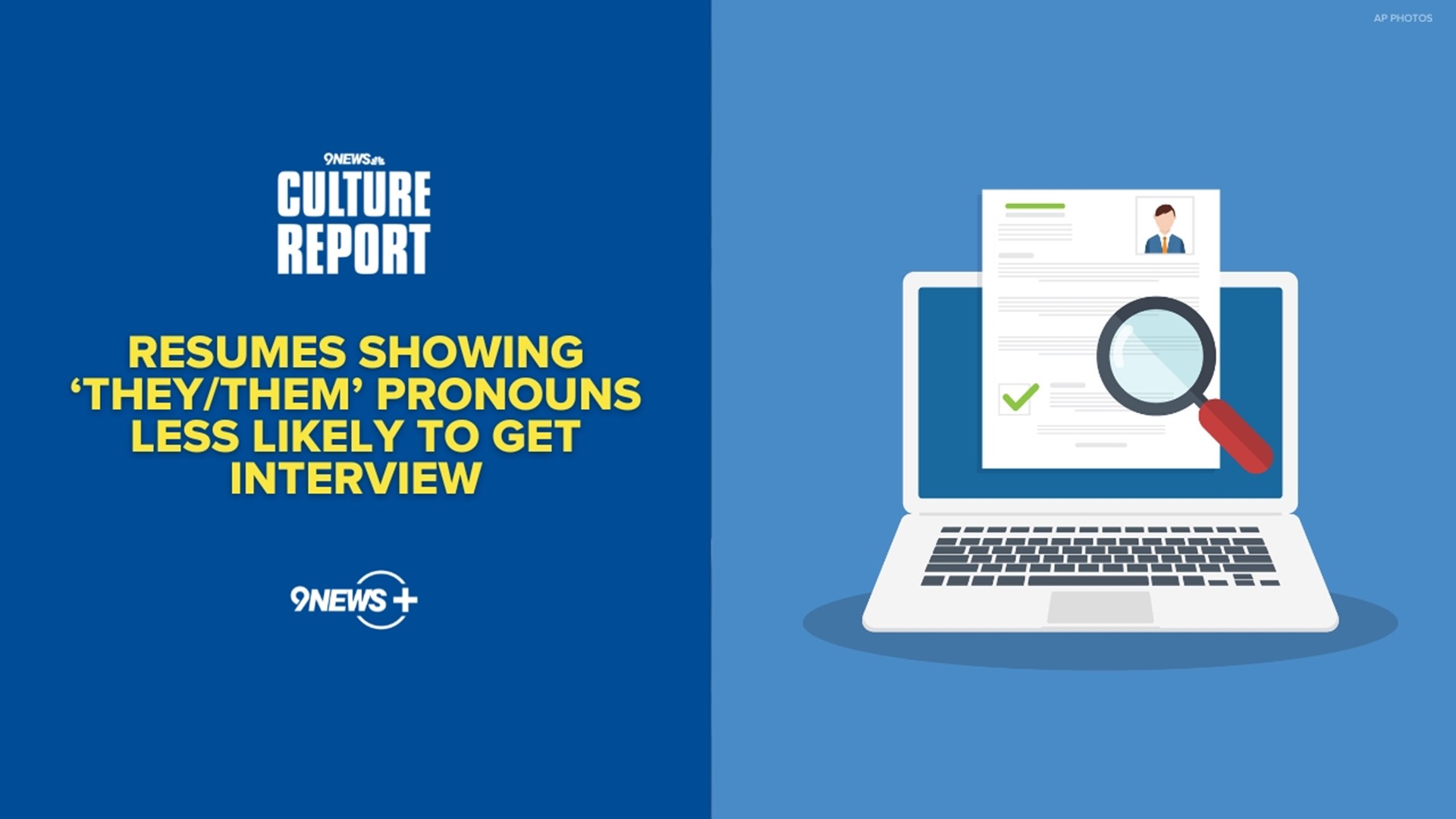(KXTV) - California college campus nurses may be required to aid in student abortions if a proposed bill passes.
Last April, Senator Connie Leyva (D-Chino) introduced SB 320, a bill that would mandate all University of California and California State University campuses to have the abortion pill available for students by Jan. 1, 2022..
The bill is due Wednesday in front of the Senate Education Committee.
All public California colleges currently have on-campus health centers but none provide abortion options for pregnant students, according to the bill.
The bill says, health center staff at colleges include who are licensed to aid in medical abortions since all California residency programs in obstetrics and gynecology require training in abortion. Medical professionals who aren't able to provide medical abortions can be trained inexpensively, the bill states.
If passed, SB 320 would establish the Medication Abortion Implementation Fund which would be managed by the state Treasurer. Money in the form of grants would help fund abortion pills at student health centers.
The bill argues that abortion care is "a constitutional right and an integral part of comprehensive sexual and reproductive health care".
An abortion pill must be taken within the 10-week pregnancy window. The pill is typically deemed safe for the mother and is very effective-- working between 93 and 98 percent of the time, depending on the length of the pregnancy, according to the American Pregnancy Association.
The abortion pill, also known as a medication abortion, is taken in two doses. One dose is administered by a doctor or nurse and the other medication is taken at home 24 to 48 hours later.
The last step is a final examination by a doctor one to two weeks after the abortion is initiated. Although serious risks are rare, like any other medical procedure, the abortion pill may result in an allergic reaction, blood clots, a continued pregnancy or an infection, according to the American Pregnancy Association.
The Association also calculates the abortion pill to cost a patient anywhere between $300 and $800 after a doctor's visit, lab work and other testing. Costs also vary across regions of the country.
The abortion pill shouldn't interfere with any future pregnancies, according to the Food and Drug Administration (FDA).
Groups opposed to the bill include the California Catholic Conference and the California Family Council (CFC).
CFC is a Christian group that focuses on California public policy. CFC and other pro-life advocates are adamantly against universities getting involved with abortion procedures.
"...It is unconscionable that politicians would promote a drug which will leave an untold number of female students struggling with the trauma of giving birth to their dead babies up to 10 weeks old in their dorm rooms," the CFC states on their website.
If the bill passes through the Senate Education Committee, it'll go to the Appropriations Committee and then to the Senate floor for final voting.


